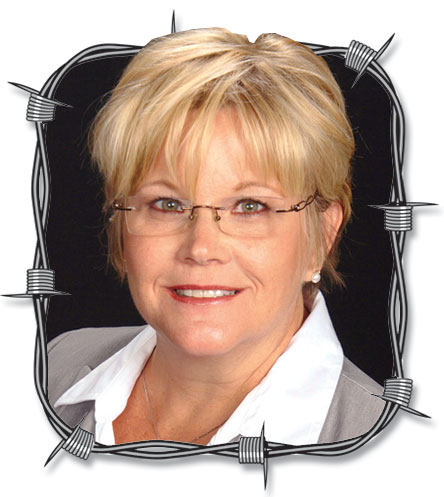In the last three or four weeks I have had several calls about sudden death in calves and cattle. My first question in these cases is what is their vaccination status? The two common answers were, they had all their shots or they have not had anything yet. My next question was, “Does the skin feel bubbly and/or feel and sound like bubble wrap and/or rice krispies as you run your hand down the legs, back and neck areas?" I have also done postmortem exams on at least two of these cases. The resulting diagnosis was blackleg.
Now, why would they get blackleg when they have had all their shots? That’s a good question. That same question comes up at the sale barn. If they have had all their shots, then what was given and when? This is exactly why some of the buyers want a vet’s signature on a certificate for those calves. In answering the question of why the calf still gets blackleg after having a dose of vaccine, I answered the question. The calf had only gotten "a" or one dose of blackleg vaccine.
If you read the labels on these products, you will see that most blackleg vaccines require two doses given two to four weeks apart to confer immunity. One dose will confer immunity, but it will only last about 45 days. This is why a booster is needed. The best time to give this booster is at two to four weeks after the first. This is why a calf will get blackleg after he has supposedly had all his shots.
Now, there are two blackleg vaccines that will work and protect a calf the day they are born. And later on between three to six months of age, they will only need one dose to confer immunity that will last six to 12 months. By understanding the vaccine and immunology behind the vaccine you can decipher the labels and all those $10 to $20 words. If you do not understand the label on a product, please, call your veterinarian. He has had all of the training to understand these terms and should be able to put it into cattleman language.
One of these cases I have seen in the last month was an adult. This animal had been given one dose of blackleg once or twice a year but, still contracted the disease. This animal had never been given the booster dose two to four weeks after the first. For the life of this animal his immune status was up for 45 days, then dropped down to almost none. Eventually, while the immunity was down they were attacked by the organism and contracted the disease. Adults need blackleg boosters also. And if you don’t think adults will get it, well then at least give it to them for the calf in their belly. This will boost immunity in the cows’ colostrum and pass it on to the baby. This will protect the calf for the first part of its life.
Dr. Tim O'Neill owns Country Veterinary Clinic in Farmington, Ark.





